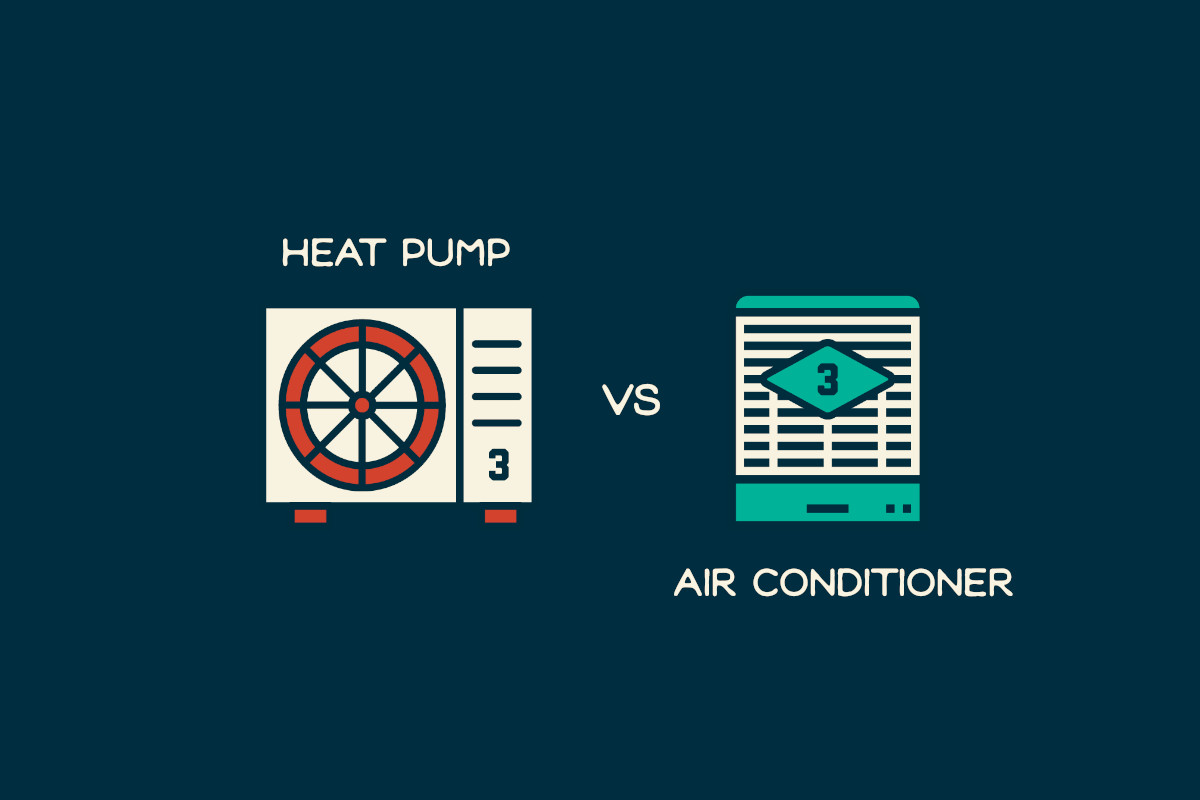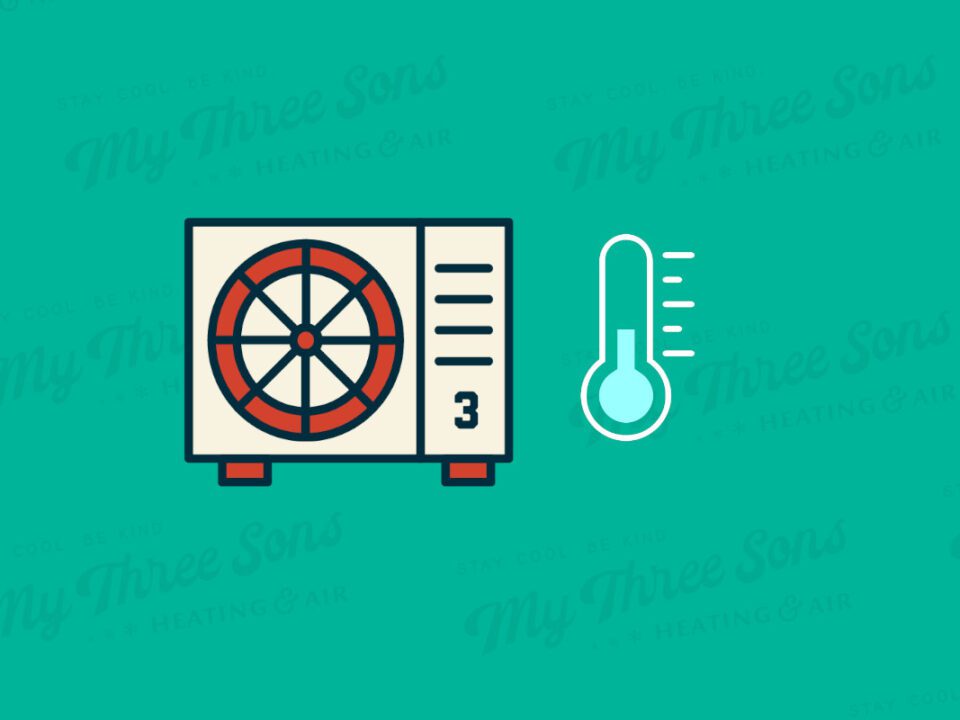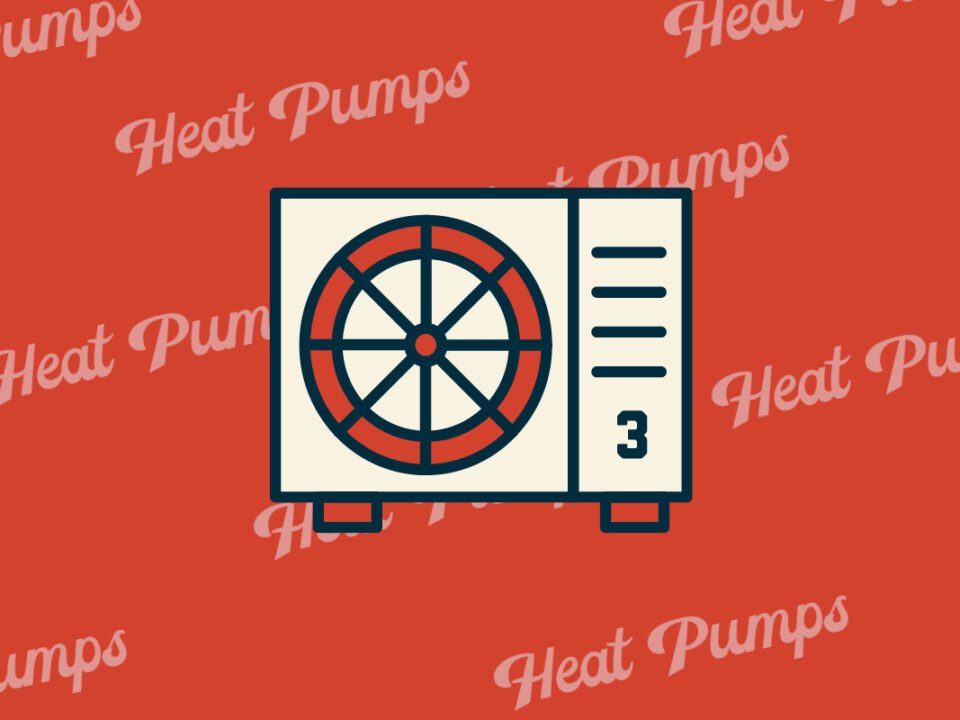Heat Pump Vs. Air Conditioner: How To Tell What Type of HVAC System You Have In Your Lowcountry Home
With fall temperatures now settling into the Lowcountry, many Charleston area residents are getting their HVAC maintenance plans in place during this transition season.
When switching from cooling needs to heating needs, it can be a little confusing to understand what part of the HVAC system is actually doing the work during the winter.
For many area homeowners, the transition from cooling to heating is seamless with the use of a heat pump system.
For others, there may be a little more work to do to ensure they get relief from the cold in the winter with their standalone heating solution.
Not knowing what type of heating system you have can mean going without the proper heating needs while you sort out the details (or have it serviced) – something that can make you and your family uncomfortable during those cooler winter days.
To give you some help on understanding if you have a heat pump (and a more seamless transition) or if you have a standalone air conditioning system, here’s a quick rundown for you to review this year.
Both Can Cool Your Home In Summer
As mentioned above, a heat pump system and a standalone, cooling only AC system both help you stay cool during the summer.
Fundamentally they operate the exact same way — removing excess heat & humidity from your home.
Heat pumps and air conditioners can either be a traditional central HVAC system – with an outdoor unit, an indoor unit ( air handler ) connected to your home’s ductwork, or be mini-splits.
Mini-split heat pump or air conditioning units are ductless systems that can be a wall mounted in different areas of your home (indoor unit) connected to an outdoor unit.
No matter the style of system you have, both a heat pump and an air conditioning unit will be able to keep you cool in the summer.
Heat Pumps Can Also Warm Your Home In Winter
The biggest difference between a heat pump and an air conditioning unit is that a heat pump unit is capable of warming your home in the winter.
A heat pump generally doesn’t need any extra equipment or components to operate in the winter, so you can see how this makes the transition to the winter season much more seamless.
If you just have a standalone air conditioning unit, it means you’ll likely be relying on an independent heating source to keep you warm when the temps drop in the winter.
A Separate Heating System Can Be A Big Clue
As mentioned above, if you happen to have a standalone cooling system (one that doesn’t also warm your home in the winter) then you’ll probably have a standalone heating system.
Gas furnaces are common here and would be connected to your home’s ductwork, the same as your air conditioning system, with air being pushed through your home via an air handler.
Some homes, though, may have a separate heating system even with a heat pump installed — this is helpful when temperatures dip extremely low here in the Lowcountry.
Below certain temperatures heat pumps can struggle to keep your home warm, so that’s when a standalone heating source would provide a more reliable solution.
When In Doubt, Call A Lowcountry Local HVAC Company
Heating and air conditioning systems can get incredibly complicated.
This is a big reason we published our HVAC handbook – to help guide Lowcountry local homeowners through some of the most common terms & concepts they need to understand their home’s HVAC system.
This resource is always available online, but as always if you have any questions about your home’s HVAC system, getting in touch with a local HVAC company is a great way to find out how your home’s system is put together.




